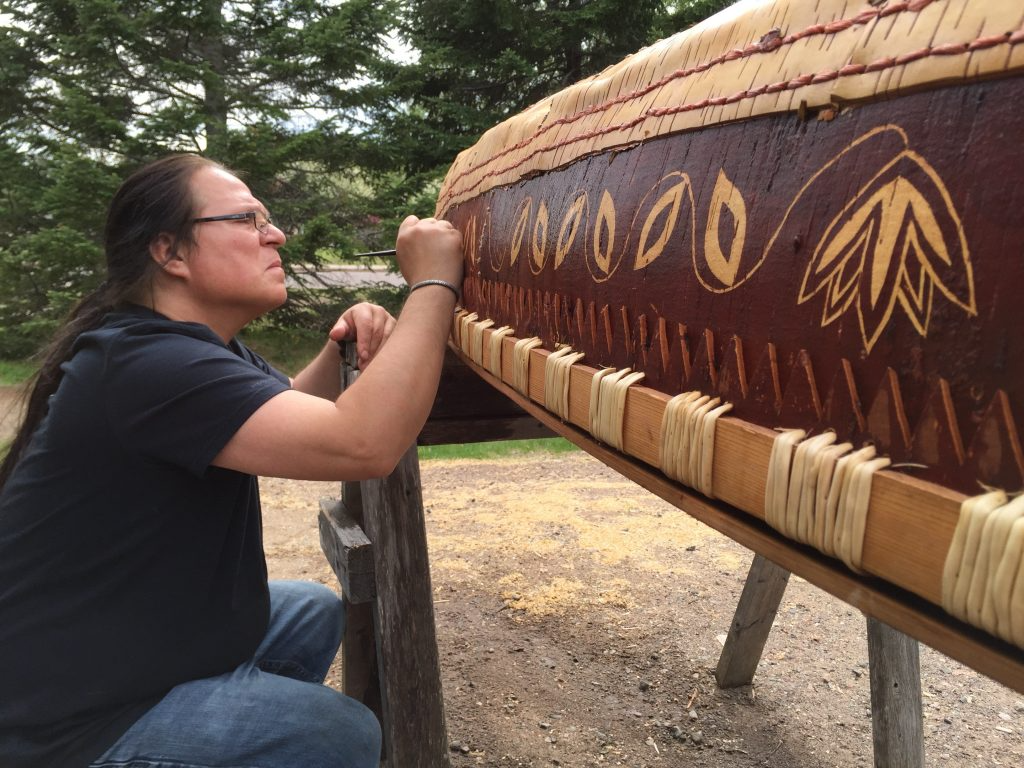

Explore a series of culturally-situated health programs in Waaswaaganing with Dr. Tim Frandy, Assistant Professor of Nordic Studies. These projects help illustrate the value and necessity of humanists working in public health today. Reception to follow. This talk is co-sponsored by the UBC Public Humanities Hub and the UBC Faculty of Arts.
Registration required for this free event: https://docs.google.com/forms/d/e/1FAIpQLSealCOet3js9nY60Gfi0AjjDwY3xd-ofdNDMSBljZn5Orsa1A/viewform
Abstract: Health and health care are concepts rooted equally in culture as they are in science, from understanding fundamental states of wellness and illness, to understanding the cultural logics that inform a course of treatment. Many Indigenous communities today possess an ambivalent relationship with Western medicine, which despite its successes has a deep history of racism—whether pathologizing Indigenous knowledges and cultural practices, or supporting eugenics-based practices like forced sterilization in the 1970s. The legacy of ethnocentrism today endures in health care, in notions of diet and exercise, in communication patterns and power dynamics in the clinic, and in understanding healthful living in everyday life. Ultimately, the settler vision of Indigenous health too often leads to eating more like a settler, to exercising more like a settler, to being more like a settler, thereby creating public health structures that quietly work as agents of cultural assimilation.
This presentation explores a series of culturally-situated health programs in Waaswaaganing (Lac du Flambeau, Wisconsin) that I assisted in developing in tandem with culture keepers in the community. These programs are developed in ways that take strengthen the culture rather than erode it, reinforcing not only cultural practices but also Anishinaabe ontologies and epistemologies. From birchbark canoe building to Anishinaabe sports, from ricing camps to the construction of traditional housing, these projects help illustrate the value and necessity of humanists working in public health today.


Featured image provided by Dr. Tim Frandy